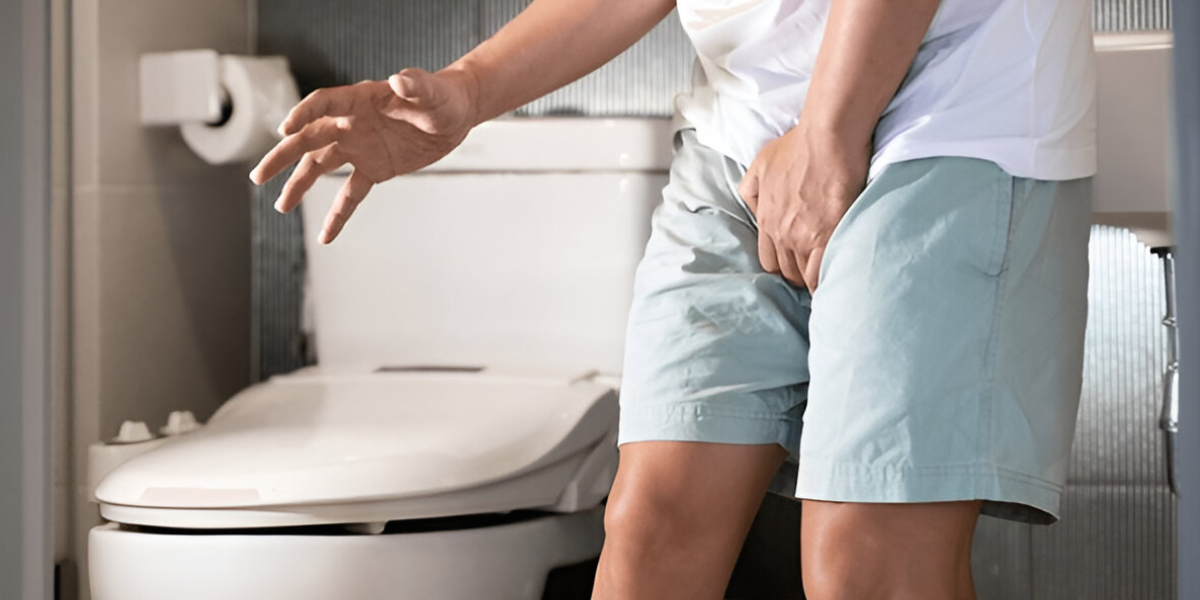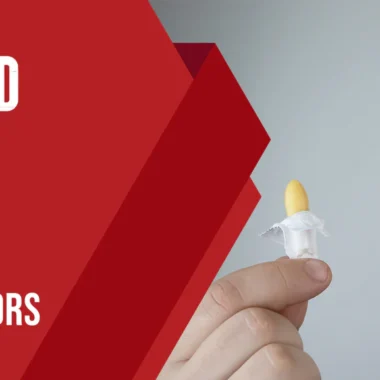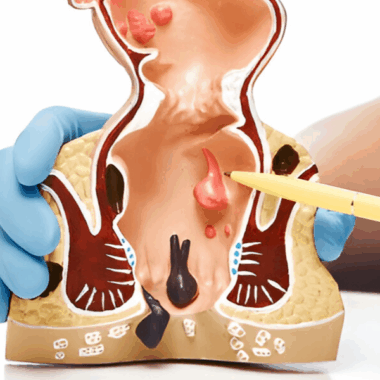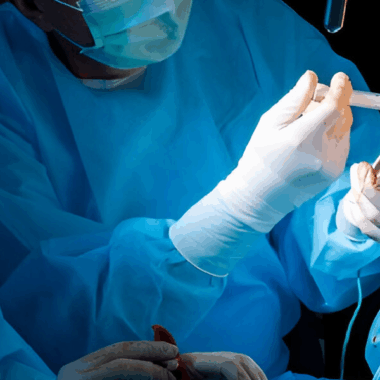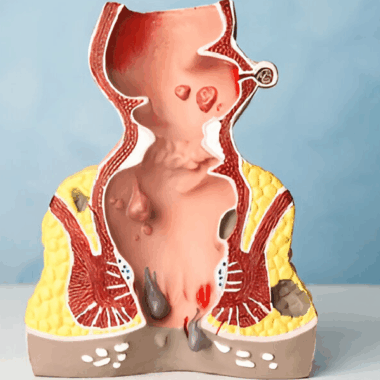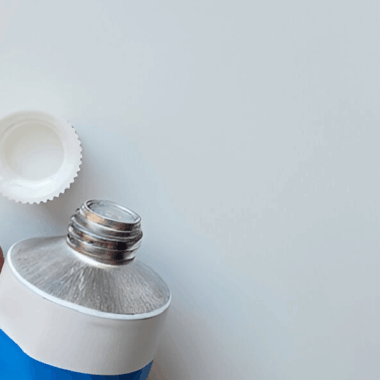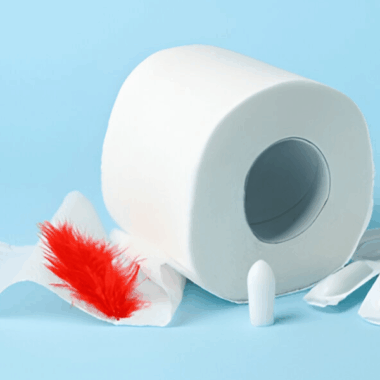Scar tissue in the urethra can narrow the tube, causing difficulty urinating. It makes peeing harder by obstructing the flow of urine.
After hemorrhoid surgery, difficulty urinating can occur because of sphincter spasms caused by post-operative pain. Managing pain and relaxing the sphincter typically help facilitate urination.
In this blog post, we'll discuss the causes of difficulty peeing after hemorrhoid surgery, the symptoms to look out for, and the treatment options to help you overcome this temporary issue.
Hard to Pee After Hemorrhoid Surgery: 3 Major Causes

After hemorrhoid surgery, some people find it hard to pee. This can be worrying, but it’s often because of common reasons that can be managed. Let’s explore why this happens and what might help.
Pain, Inflammation, and Nerve Damage
Pain, inflammation, and nerve damage are joint after hemorrhoid surgery, and they can make it hard to pee. Here’s how each of these factors plays a role:
- Pain: The surgery area can hurt, making it challenging to relax and pee.
- Inflammation: Swelling around the surgery site can press on the bladder or urethra, making urination difficult.
- Nerve Damage: Rarely, nerves that control peeing might hurt during surgery, affecting your ability to urinate.
Medication and Anesthesia Effects
The medications and anesthesia used during and after surgery can also affect your ability to pee. Here’s what happens:
- Medication:Painkillers and other drugs can change how the bladder feels the need to pee, making it harder to urinate.
- Anesthesia: The drugs used to make you sleep during surgery can stop you from feeling the urge to pee, leading to difficulties.
Constipation and Dehydration
Constipation and dehydration are common problems after surgery and can affect your ability to pee. Here’s how:
✔ Top Pick: Fiber Supplement Powder or Capsules
Many people use a fiber supplement to prevent constipation that can put pressure on the bladder and worsen urination problems.
- Constipation: If you can’t poop, the full bowels can push against the bladder, making it hard to pee.
- Dehydration:Not drinking enough water can make your urine more concentrated and more complex, leading to discomfort and difficulty urinating.
Peeing Hard After Hemorrhoid Surgery: 5 Symptoms
Patients may have difficulty urinating after hemorrhoid surgery. This can concern you, but knowing the signs and symptoms can help you take prompt action. Here’s what you need to watch for:
Painful Urination
After surgery, you might feel pain or a burning sensation when you urinate. This can be a sign of a urinary tract infection (UTI) or simply irritation from the surgery.
- Pain or Burning: Discomfort during urination.
- Irritation: Caused by urine passing over the sensitive surgical area.
Incomplete Bladder Emptying
You may feel like your bladder isn’t empty, even after you’ve urinated. This can happen if your urinary tract is blocked or nerve damage affects bladder control.
- Feeling of Fullness: Bladder still feels full after urinating.
- Blockage or Nerve Damage: This could be because of surgery.
Urgency and Frequency
You might need to urinate more often and feel a powerful urge to go. This can be because of an overactive bladder or pressure in the pelvic area from the surgery.
- Frequent Urination: Needing to go often.
- Strong Urge: Feeling like you need to go right away.
- Interference with Daily Activities: This can disrupt the usual routine.
Urinary Tract Infections
Not being able to empty your bladder fully can lead to UTIs. Symptoms of a UTI include fever, chills, and pain around the surgical area.
- Infection Signs: Fever, chills, pain.
- Caused by Incomplete Emptying: leads to infections.
Additional Symptoms
Besides the major symptoms, watch for these:
- Blood in Urine: Could be from the trauma of surgery.
- Fever and Chills: This might indicate an infection.
4 Treatment Methods For Hard Pee After Hemorrhoids
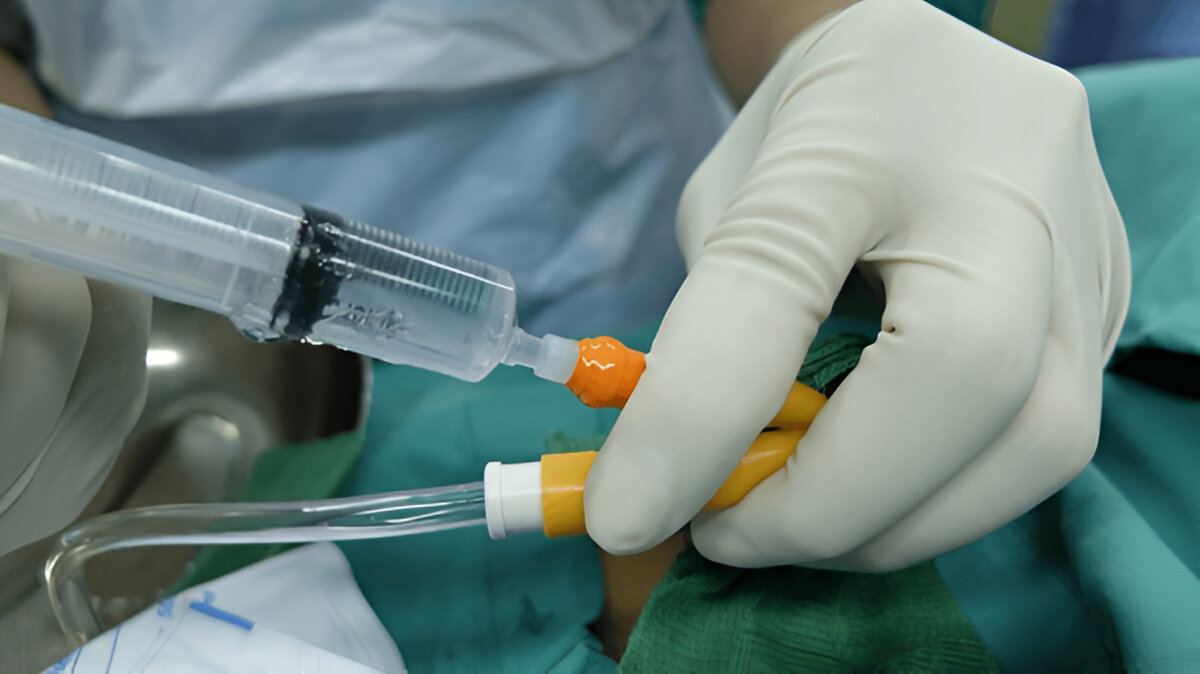
It is not uncommon for patients to experience difficulty in urinating and incomplete emptying of the bladder after the hemorrhoid surgery. There are several treatment options available to manage these urinary problems.
Catheterization
Healthcare professionals may suggest inserting a catheter to help drain the bladder. The catheter is a thin tube inserted through the urethra that helps empty the bladder when the patient cannot do so independently. This is usually a temporary solution to improve urinary function.
Medication
There are a variety of medications that relieve pain in the bladder and urethra, allowing urine to flow more easily. A healthcare professional typically prescribes these medications, including alpha-adrenergic blockers, anti-muscarinic drugs, or combination treatments.
Urethral dilatation
Sometimes, the urethra may narrow, making urinating difficult. Urethral dilatation is a medical procedure that involves stretching the urethra to help with urine flow.
Surgery
If the urinary problems are severe and medication or catheterization is impractical, surgery may be necessary to improve urinary function. However, this is usually a last resort and is only recommended in extreme cases.
Peeing After Hemorrhoid Surgery: Recovery
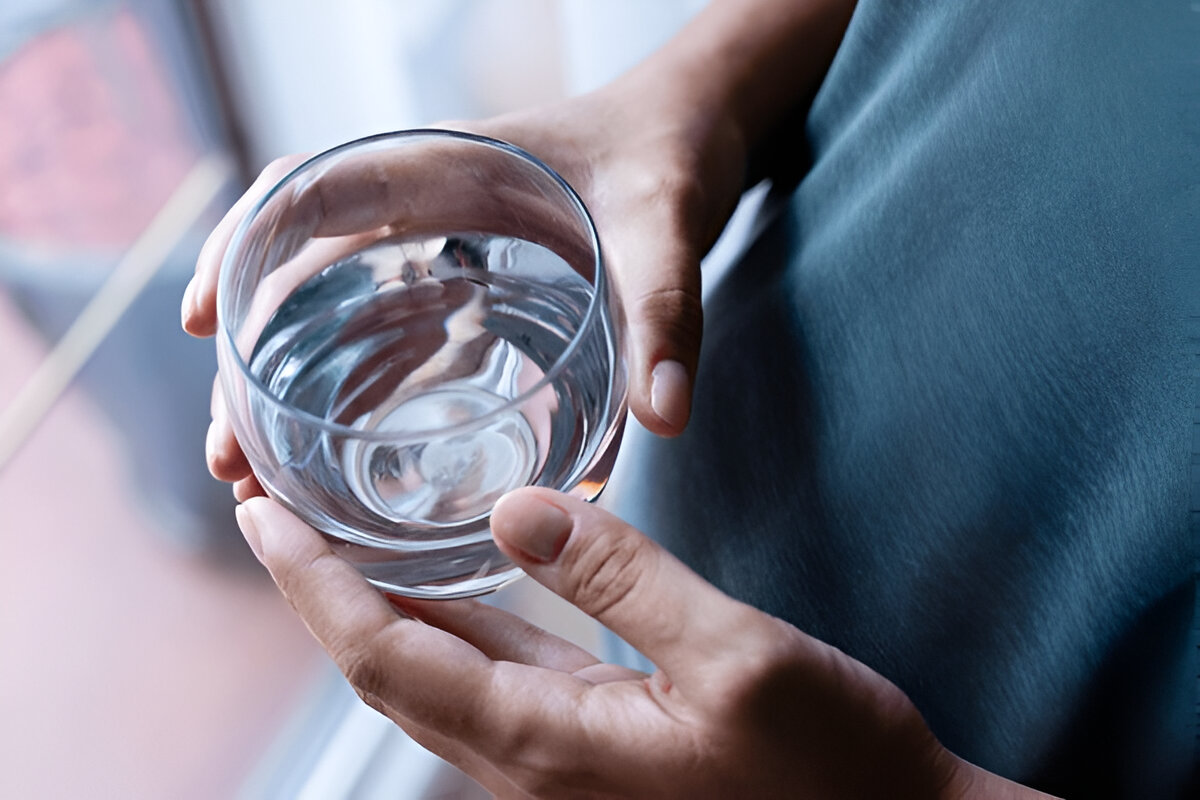
Some patients may experience a quick and complete resolution of their urinary problems within a few days, while others may continue to experience urinary issues for several weeks after surgery. Most patients typically experience some level of urinary incontinence, difficulty urinating, or pain while urinating for the first few days after surgery.
✔ Top Pick: Male/Female Urinary Urinal Bottle
Many people use a bedside urinal bottle to urinate comfortably when getting to the bathroom is painful after surgery.
Recovery Timeline
- Type of Surgery: Surgery type can significantly impact recovery time. For instance, a stapled hemorrhoidopexy (PPH) results in a quicker recovery from urinary issues compared to a traditional hemorrhoidectomy.
- Hemorrhoid Severity: The severity of the hemorrhoids can also affect the recovery time for urinary problems. The more severe the hemorrhoids, the more likely it is for the patient to experience urinary issues for an extended period.
- Patient Factors: Patient age, prior medical history, medications, and overall health can all impact recovery following surgery.
Healthcare Provider
After hemorrhoid surgery, patients should attend their scheduled appointments to determine if their recovery is progressing as expected. By scheduling regular checkups, you can ensure that complications that may arise, such as infection, urinary problems, or bleeding, are promptly addressed.
Home Management
Here are some tips for effectively managing urinary problems during your recovery period:
✔ Top Pick: Sitz Bath Basin for Toilet
Many people use a sitz bath basin to relax pelvic muscles and reduce pain that makes urination difficult after surgery.
- Drink plenty of fluids:Keep hydrated throughout the day by drinking plenty of fluids. This can make it easier to pass urine.
- Use a sitz bath or warm compresses: Soaking in a sitz bath or using warm compressions can help relieve pain while urinating.
- Avoid constipation: Staining during bowel movements can cause bladder pressure and make urination difficult. Keeping your stool soft by adding fiber to your diet or taking stool softeners can help prevent constipation.
- Kegel exercises: Kegel exercises can help improve urinary control and strengthen the muscles in the pelvic area.
- Take over-the-counter medications: Medicines such as ibuprofen or Paracetamol can help ease discomfort and pain during urination.
Conclusion
Difficulty peeing after hemorrhoid surgery can be uncomfortable and frustrating, but it's a common issue that is treatable with the proper treatment. Understanding the causes and symptoms of urinary problems after surgery can improve your comfort and full recovery.
If you're experiencing persistent urinary problems or other concerning symptoms after hemorrhoid surgery, be sure to seek medical attention promptly to prevent complications.

